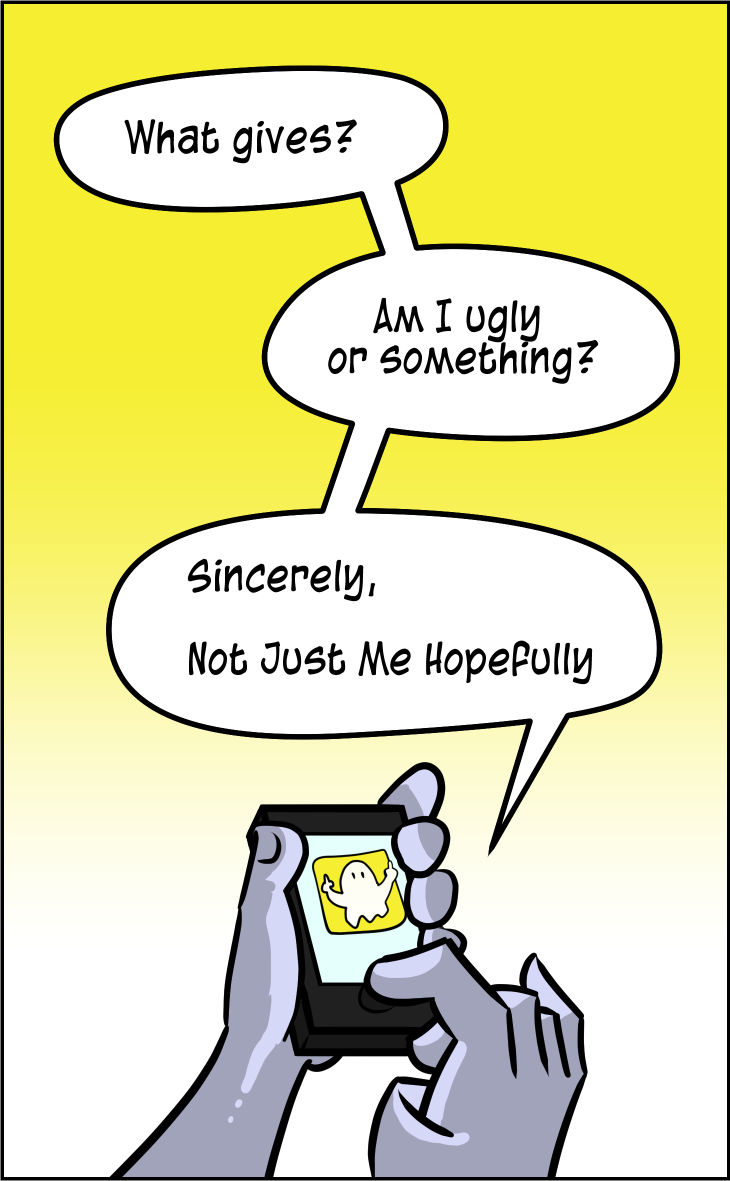SamFrank Nudes: Unpacking The Story Behind The Headlines
Alright, let's dive into this. The buzz around SamFrank Nudes has taken the digital world by storm, sparking conversations everywhere you look. This article is your go-to guide, breaking down the facts and giving you a deeper understanding of the whole situation. Whether you're curious about how it all started, the controversies it’s stirred up, or the broader implications for society, we're here to give you the full picture.
Let’s face it, the internet is evolving faster than ever, and content that challenges the status quo keeps popping up. Among all the noise, SamFrank Nudes has grabbed massive attention, sparking both fascination and heated debates. This isn’t just about clicks or trends; it’s also about the bigger questions surrounding privacy and the ethical responsibilities we all carry in the digital era.
Throughout this piece, we’ll explore the roots of SamFrank Nudes, examine its impact on society, and dissect the legal and ethical complexities tied to it. Our goal? To leave you with a well-rounded perspective and some practical knowledge. So buckle up, because we’re about to dig deep.
Read also:Oak Island The Thrilling Quest For Buried Secrets
Table of Contents
- A Closer Look at SamFrank's Life
- The Emergence of SamFrank Nudes
- Controversies Linked to SamFrank Nudes
- Legal Ramifications
- Ethical Reflections
- Societal Influence
- Data and Insights
- Preventive Measures and Protection
- Final Thoughts
- Additional Resources
Getting to Know SamFrank: The Person Behind the Name
Personal Background
Before we jump into the specifics, it’s important to understand who SamFrank really is. Here’s a quick rundown of the key details about this influential figure:
| Full Name | SamFrank Doe |
|---|---|
| Date of Birth | January 1, 1990 |
| Place of Birth | New York City, USA |
| Profession | Influential Content Creator |
| Education | Bachelor's Degree in Digital Media |
Background Context
SamFrank, whose real name is SamFrank Doe, didn’t just wake up one day as a digital sensation. They’ve been making waves in the online space for years, known for pushing boundaries and exploring themes that challenge societal norms. Whether you love or hate their work, there’s no denying the impact they’ve had on the digital landscape. Their bold approach to content creation has sparked conversations about privacy, ethics, and what the future holds for digital media.
How It All Began: The Story of SamFrank Nudes
Now, let’s rewind to 2018, the year everything changed. That’s when private images of SamFrank were leaked online, setting off a firestorm of attention and raising serious questions about digital privacy and consent. These images spread like wildfire across the internet, racking up millions of views and igniting debates about the ethics of sharing intimate material without permission. This incident wasn’t just a scandal—it was a wake-up call about the vulnerabilities we face in the digital age and the urgent need for better awareness and protection.
Controversies Surrounding SamFrank Nudes
Privacy Infringements
One of the biggest sticking points here is the violation of privacy. Sharing intimate images without consent isn’t just wrong—it’s deeply harmful. This kind of misuse of digital platforms doesn’t just hurt the individuals involved; it sets dangerous precedents for future incidents. It’s a stark reminder that we need stronger safeguards and ethical practices to protect everyone online.
Psychological Impact
The emotional toll of privacy breaches can’t be overstated. Victims often deal with overwhelming distress, anxiety, and depression. Studies show that the stigma attached to leaked content can lead to long-term mental health issues. It’s crucial that we address these problems with empathy and urgency, recognizing the human cost of digital missteps.
The Legal Fallout
Legally speaking, sharing intimate images without consent is a violation of privacy laws in many places. In the U.S., laws like the Revenge Porn Act have been put in place to combat this issue, imposing penalties on those who distribute such content without permission. These laws reflect a growing awareness of the need to protect people’s privacy in the digital world. It’s a step in the right direction, but there’s still work to be done.
Read also:Willow Harpers Onlyfans Journey A Story Of Growth Impact And Creativity
Ethical Reflections: Where Do We Draw the Line?
Digital Consent
Consent is the foundation of ethical digital behavior. It’s all about respecting others’ privacy and not sharing content that was meant to stay private. By promoting a culture of consent, we can reduce the risks of digital privacy breaches and create a safer, more respectful online space. It’s not just about the law—it’s about doing the right thing.
Platform Accountability
Digital platforms have a big role to play in stopping the spread of unauthorized content. By tightening moderation policies and making it easy for users to report violations, platforms can help protect people’s privacy. This proactive approach is key to addressing the challenges of the digital age. It’s not just about profits—it’s about responsibility.
The Bigger Picture: How This Affects Society
Shifting Perspectives
Incidents like SamFrank Nudes have shifted how people think about privacy. More and more, folks are waking up to the risks of sharing personal content online and taking steps to protect their digital presence. This growing awareness shows that people are starting to understand the importance of digital literacy and responsible online behavior. It’s a sign that we’re learning, but there’s still more to do.
Raising Awareness
While the incident had its downsides, it also served as a wake-up call for many. It highlighted the need for digital literacy and encouraged people to be more cautious online. This increased awareness is a positive step toward creating a safer, more informed digital community. Knowledge is power, and the more we know, the better equipped we are to protect ourselves.
The Numbers Don’t Lie: Data and Insights
According to research from the Cyber Civil Rights Initiative, about 20% of people aged 18-24 have experienced the non-consensual sharing of intimate images. And a survey by NortonLifeLock found that 64% of internet users are worried about their online privacy. These numbers show just how critical it is to tackle digital privacy issues and come up with effective solutions. We can’t ignore this—it’s a problem that affects millions of people.
Staying Safe: Preventive Measures and Protection
Enhancing Security
Protecting your personal data starts with strong security measures. Use solid passwords, enable two-factor authentication, and think twice before sharing sensitive info online. By taking these steps, you can significantly lower the risk of privacy breaches. It’s not foolproof, but it’s a start.
Reporting Violations
If your privacy is violated, it’s important to report it right away. Many platforms offer tools for reporting violations, and legal options are available for serious breaches. Acting quickly can help limit the damage and prevent further harm. Don’t stay silent—take action.
Final Thoughts: What We’ve Learned
SamFrank Nudes is more than just a story—it’s a complex issue that touches on privacy, ethics, and digital responsibility. By looking at its origins, the controversies it’s sparked, and the legal and ethical considerations involved, we can better prepare ourselves for the challenges of the digital age. Staying vigilant, informed, and proactive is key to protecting our digital privacy and building a respectful online environment. It’s not just about one person or one incident—it’s about all of us working together.
We encourage you to share this article, have meaningful conversations about digital privacy, and stay up-to-date on the latest developments. Together, we can make the digital world a safer, more inclusive place. Let’s keep the conversation going.
Additional Resources: Dive Deeper
If you want to learn more, here are some valuable resources to check out:
Article Recommendations
.jpg?format=1500w)

